The issue
We are living through a period of multiple breaking points – from climate to covid to racism. We know that these crises not only overlap, but share the same cause.
While no one can escape the impacts of these crises, those who have done least to cause them suffer the most. Across the world, the poorest people and communities of colour are too often those bearing the brunt of the climate crisis. From coastal villages in Norfolk whose sea-defences are eroding faster than ever, to people living by the Niger Delta rivers blackened by oil spillage.
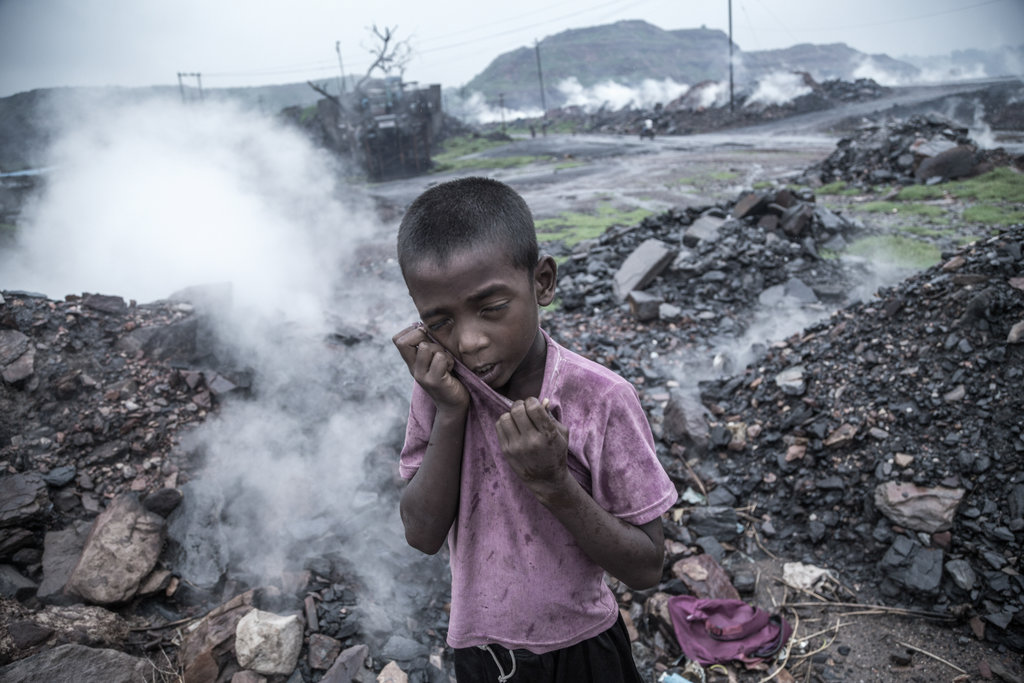
How did we get here?
We got to this crisis point because our political and economic system is built on inequality and injustice. For centuries, rich governments and corporations have been exploiting people and the planet for profit, no matter how much it harms the rest of us.
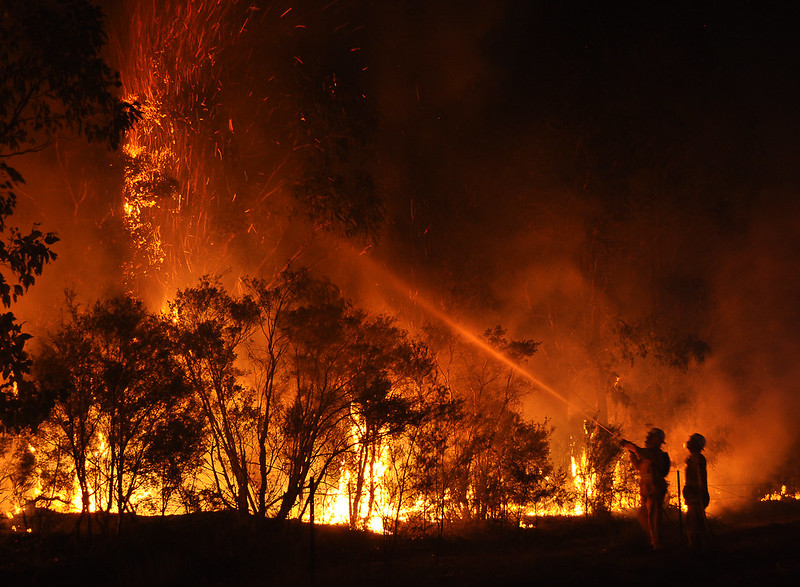
The solution
In short: Climate justice, system change, power from below.
Like the climate crisis, our economic and political system is human-made. This also means it can be remade. We need system change that comes from the ground up. To solve these problems, we have to solve them all together. Climate justice recognises that all of our struggles lead back to the same unjust system. Whether we are fighting for better pay at work, for clean water, or against police violence or the opening of a new mine. For control over our bodies or to stop the destruction of forests we live in. We need climate action that works for all of us, not just the people with the most money in their pocket.
The solutions that we need already exist and are being practiced, but our leaders lack the political will to act. Our solutions not only reduce carbon emissions but create a fairer and more just world in the process – that means climate action based on justice, redistribution of resources and decentralisation of power.
The crisis will not be solved if those most affected are not central to the solutions and decision-making. The impacts of the climate crisis vary across areas and communities. This means the best solutions for each area must be shaped by those who are experiencing the impacts. In many cases, indigenous and frontline communities have known the solutions for centuries. And afterall, we should all be able to participate in decisions that affect us.
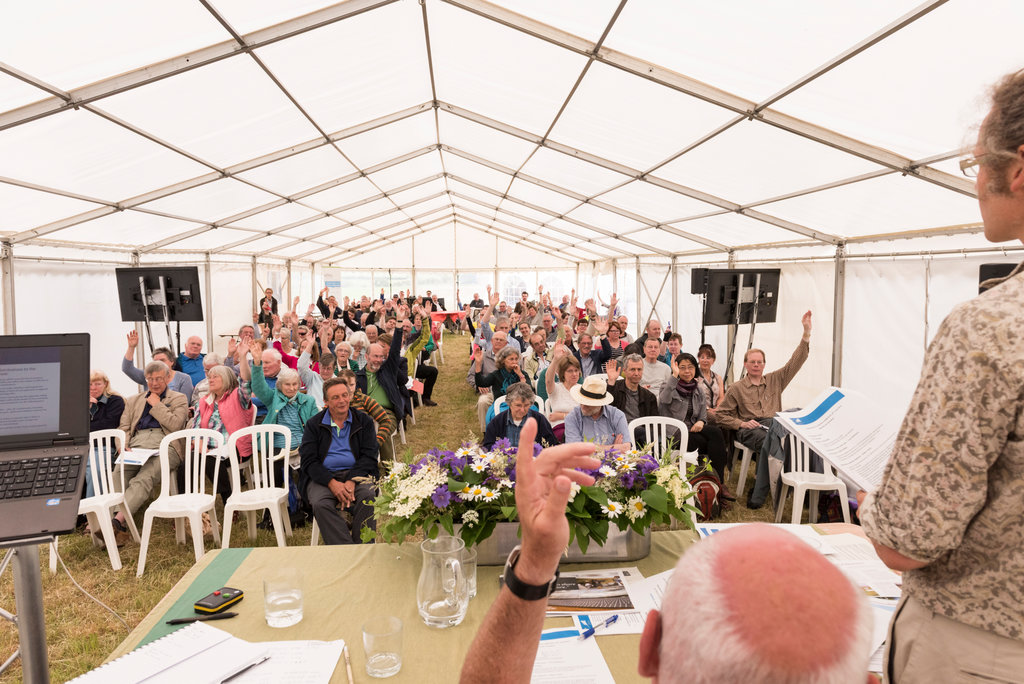
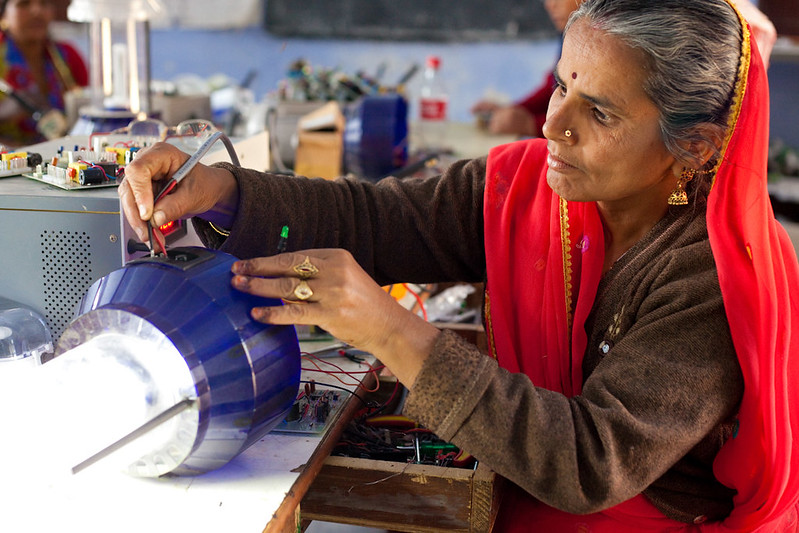
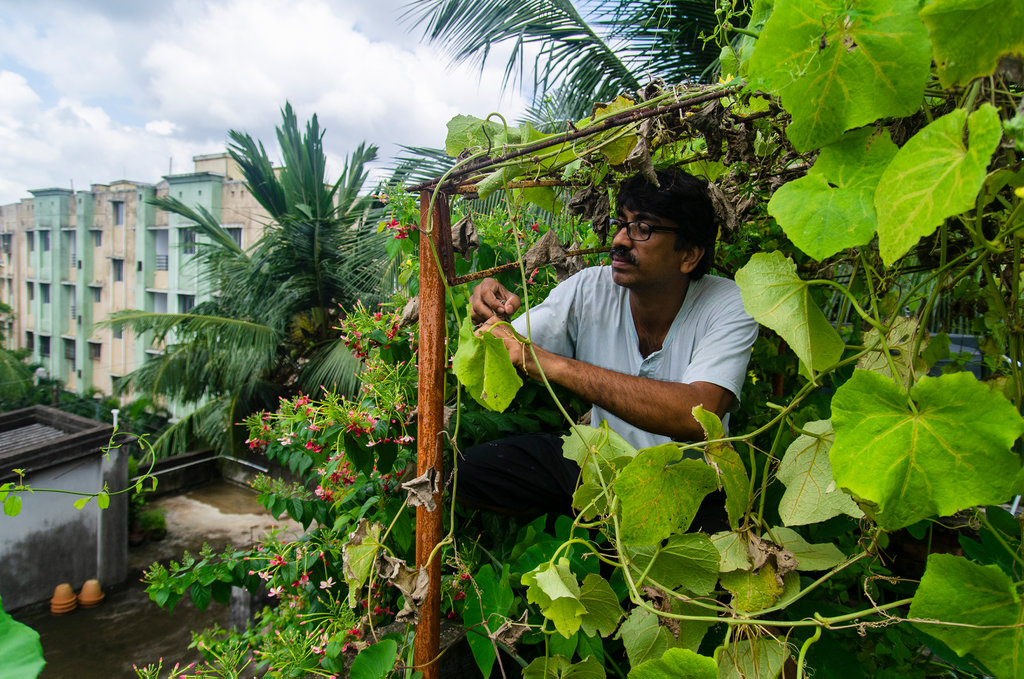
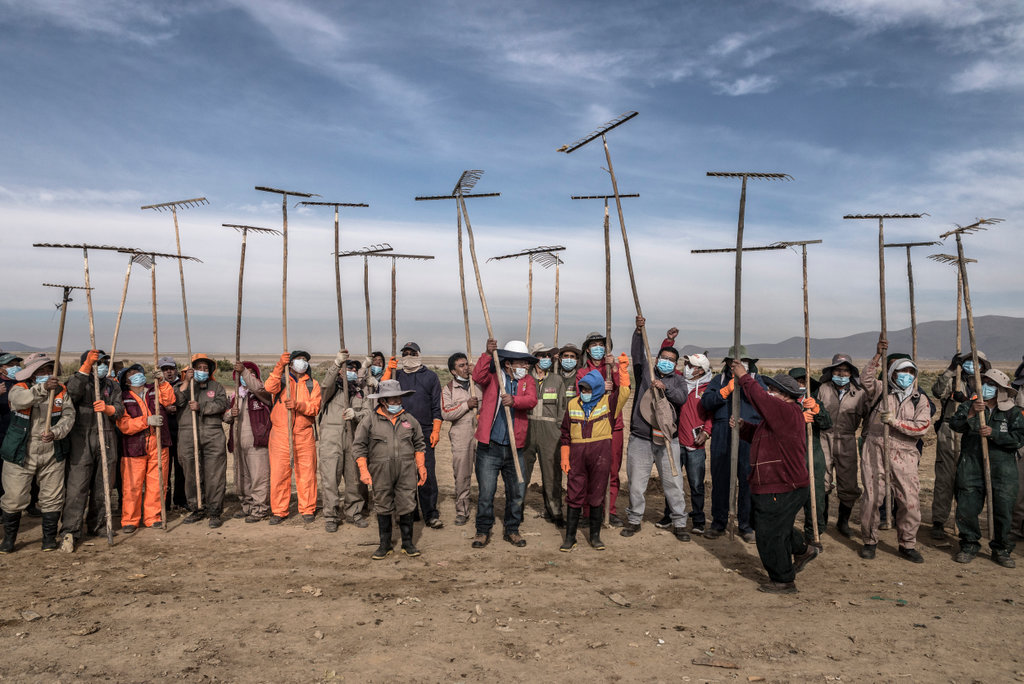
COP26: why does it matter?
World leaders and experts will meet in Glasgow in November at the global climate talks, COP26.
Global problems need global solutions. The decisions made at COP26 will shape how governments respond (or not) to the climate crisis. They will decide who is to be sacrificed, who will escape and who will make a profit. So far, governments have done too little too late: colluding with corporations and hiding behind greenwashed ‘solutions’ that actually don’t exist yet, that don’t address the scale of the problem, and in many cases rely on more exploitation of people and the planet.
COP26 is happening at a crucial moment in history. Across the world and across movements, we are seeing a new wave of resistance, global solidarity and grassroots organising. We have a unique opportunity to rewire our system as we recover from the pandemic. We can either intensify the crisis to the point of no return, or lay the foundations for a just world where everyone’s needs are met.
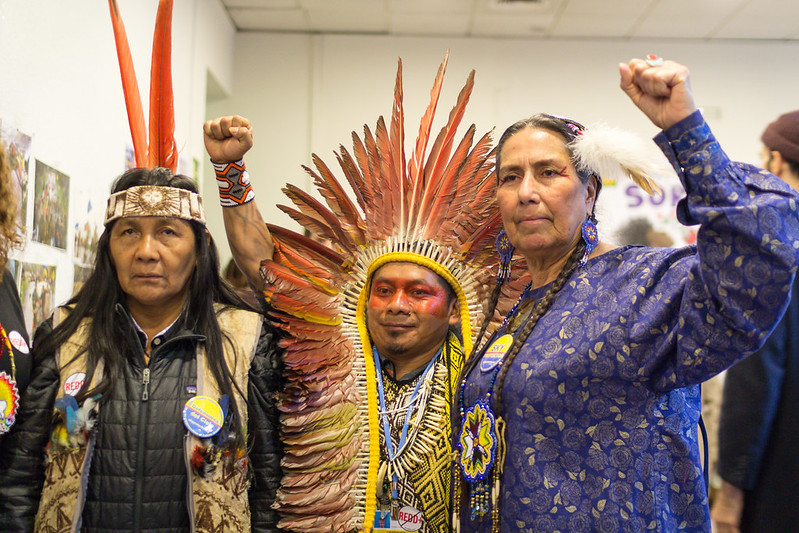
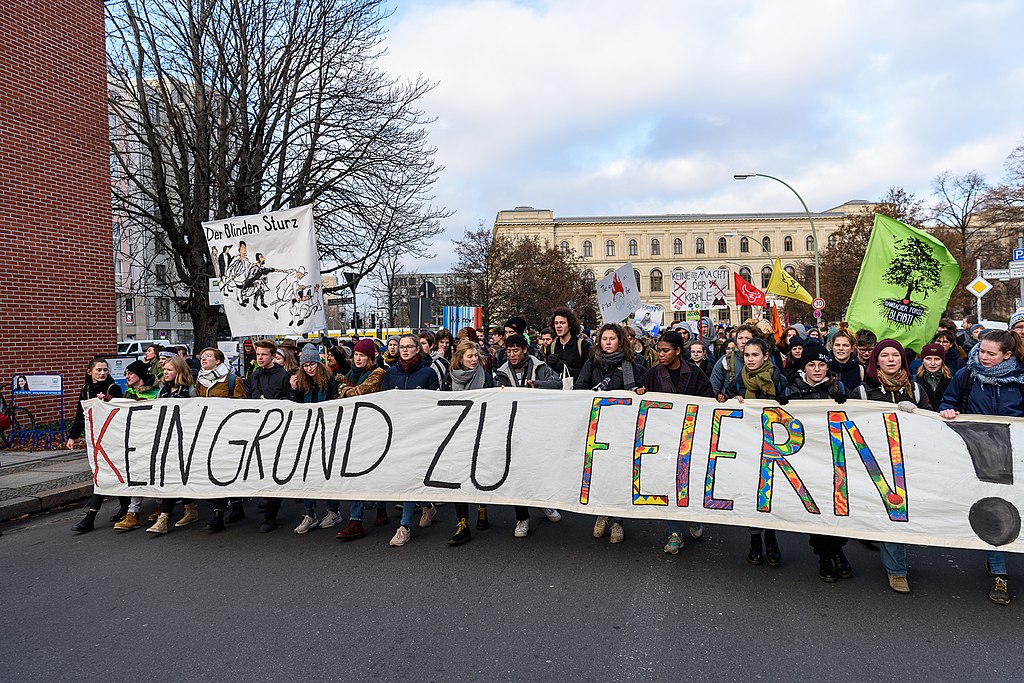
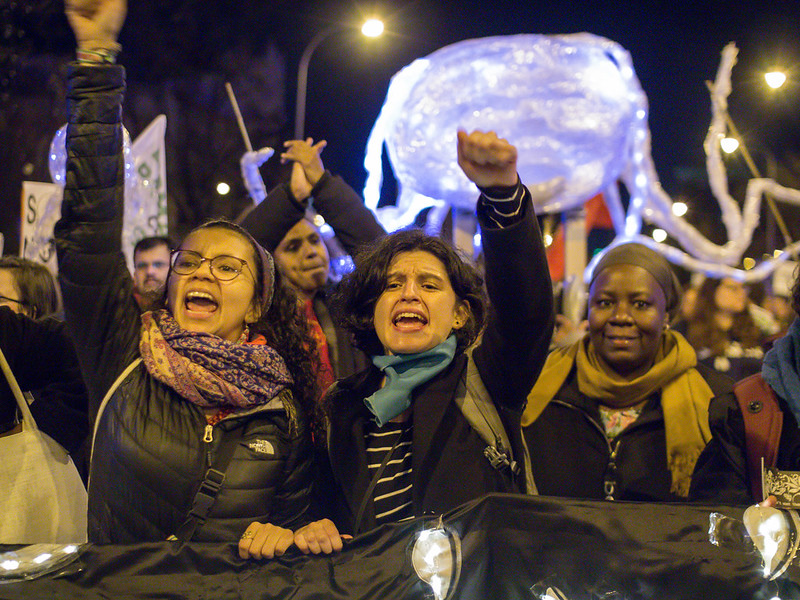
What are we trying to do?
Justice won’t be handed to us by world leaders or delivered by corporations. Only we can imagine and build the future that works for all of us. The transformative solutions that we need to survive and build a more just and fair world can only be brought about through collective action, solidarity and coordination, from our local communities and international levels.
We are bringing together movements from across the world to build power for system change – indigenous movements, frontline communities, trade unions, racial justice groups, youth strikers, landworkers, peasants, NGOs, grassroots community campaigns, feminist movements, faith groups… to name a few. We will be putting indigenous, frontline and Global South communities front and centre. We need your help to amplify their voices and demands.
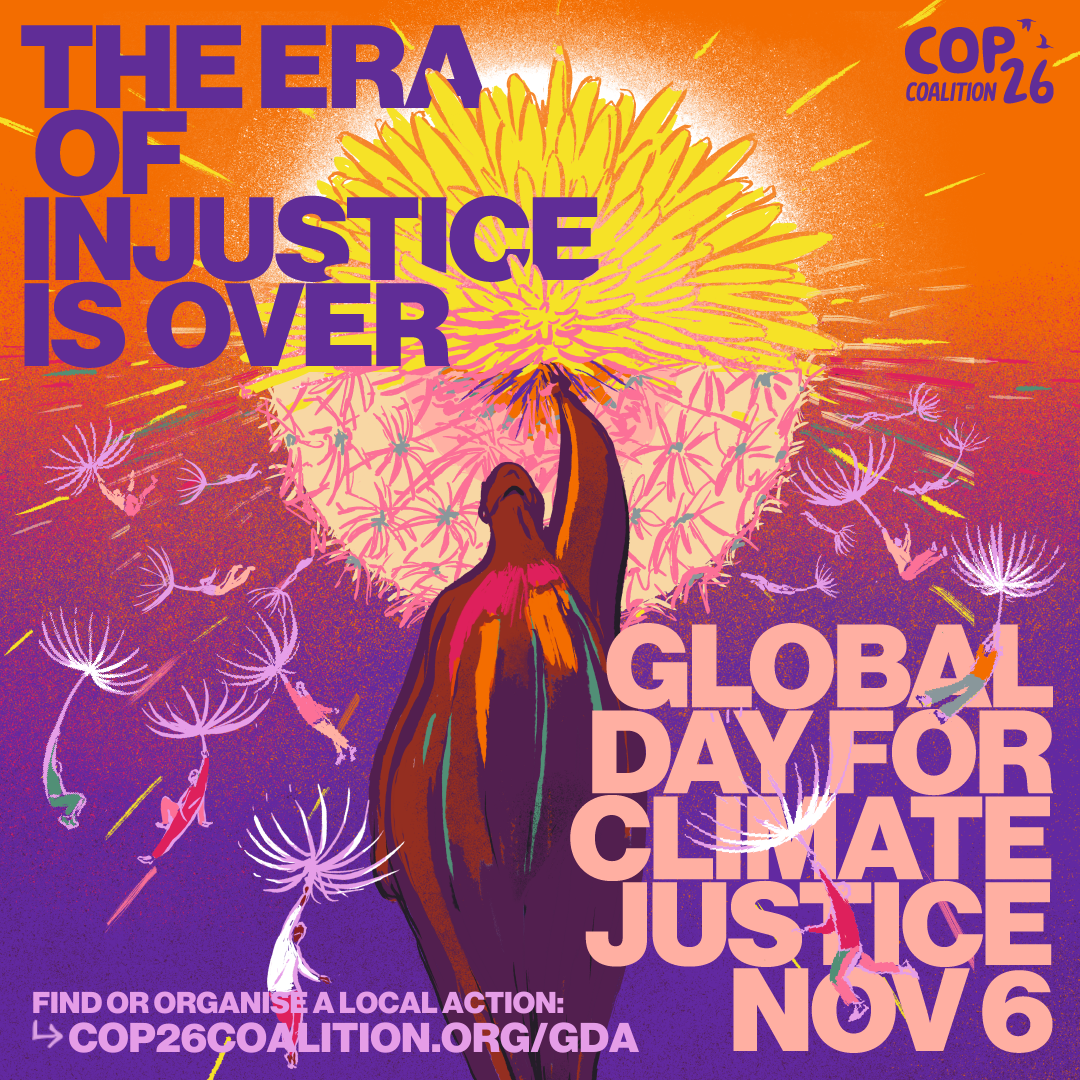
Wherever you are in the world, now is the time to join the fight for climate justice. We need all hands on deck: in workplaces, communities, schools, hospitals and across national borders.
6 November: Join us for Global Day of Action for Climate Justice for decentralised mass mobilisations across the world.
7-10 November: Join us for our People’s Summit for Climate Justice where the climate justice movement will be coming together to discuss, learn and strategize for system change. You can join in online from anywhere in the world, or in-person in Glasgow.
Ways of getting involved now
UK: join one of our local hubs to help build local actions for Nov 6th.
Global: Join our regional discussions on global organising. Find your regional meeting on our map.
Join local campaigns and grassroots groups fighting for climate justice in your community